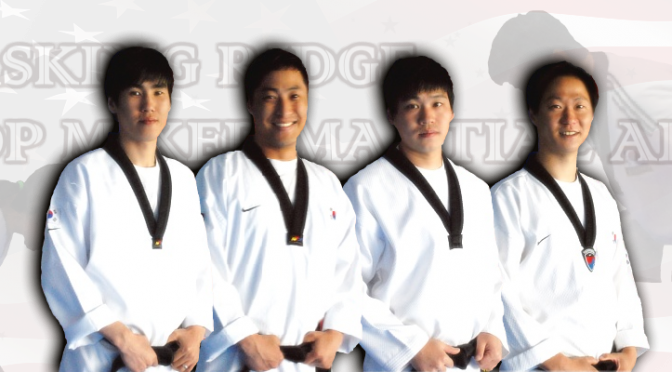Every business needs loyal customers – customers who come back time after again because they had a great experience, found great deals, just liked what they see or any other reason.
Loyalty is about several strategic issues. In today’s post I wanted to outline an example of how an effective loyalty program can be structured.
A few years ago, working with one of the best loyalty teams in the world, I learnt that loyalty is about 3 basic things:
- Aspiration : Can we set goals that our customers would aspire or journey towards as they engage with us? (e.g. the coveted platinum gold club membership, the trip to the Bahamas, status on the web community as “The Social Citizen” etc. – I made the last one up but I’m sure it’s coming)
- Experience value: Do your customers feel differentiated and can they brag about it to their peers? (e.g. the free valet parking, the reserved corner table for dinner, early access to concert tickets, the red carpet to board the flight)
- Gratification: This is where the rubber hits the road for many of us and refers to the two% universal cash back on my Citi card, the weekly grocery coupon, the Buy One Get One Free promotion etc.
As you define your program, think about these aspects above and you won’t go wrong.
Gamification is great but it doesn’t do it alone.
Let me provide a simple example. My son goes for Tae-Kwon-Do classes and the teachers at TMMA (Top Mixed martial Arts of Basking Ridge, www.brtmma.org) have really brought this concept of loyalty to life. My son, and all the other kids , are completely hooked. The teachers guys have covered all the three aspects and are just awesome. They are great with kids of course. The best I’ve seen so far.
Every Saturday I’m amazed at how they are working to seamlessly build loyalty, excitement and aspiration:
1. On the spot, belt stickers as soon as something is done well – promotes immediate competition as well. If someone is demotivated, give them something easy so they can earn a sticker
2. Patches, stickers and isolated group sessions during the session itself to clearly demonstrate differentiation.
3. A chart where you place your stickers to see how you’re tracking towards the next patch
4. Several whiteboards indicating different “levels” of your expertise even if you the same age and same class.
5. Built in stickers and awards to keep those motivated who seem to fall behind sometimes.
No one ever leaves not looking forward to the next class. It’s just phenomenal. Fitness centers and all businesses should take a cue from the Basking Ridge TMMA.
No one ever leaves without looking forward to the next transaction. Wait, I think that’s it!

